15 Struggles Of Using A Landline Only ’80s And ’90s Kids Will Remember
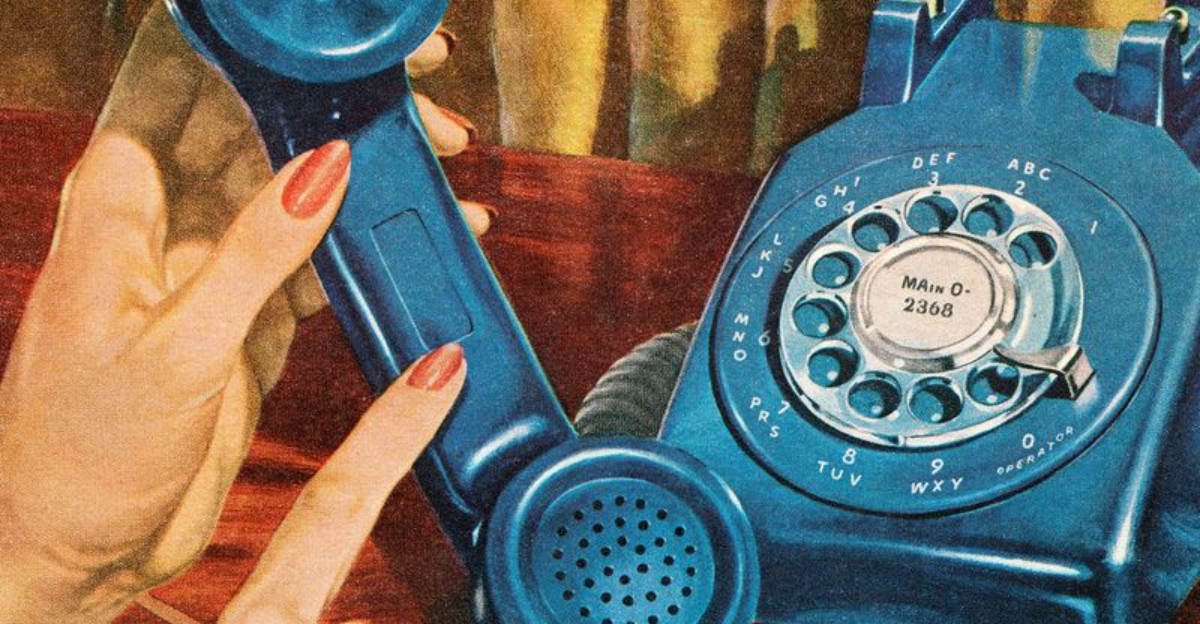
Ah, the golden age of landlines—when making a call required patience, strategy, and sometimes, Olympic-level cord untangling skills.
Back in the ‘80s and ‘90s, a phone wasn’t just a device—it was a commitment. You had to memorize numbers (gasp!), endure busy signals, and pray your sibling didn’t pick up the other line mid-conversation. Calling your crush? That took serious courage—especially if their parents answered first.
And let’s not forget the agony of dialing wrong and having to start all over again on a rotary phone. Want privacy? Good luck dragging that 10-foot cord into the next room without knocking something over. Ah, simpler times, when prank calls were an art form and caller ID didn’t exist to snitch on you.
So, grab your metaphorical dial tone and join us as we relive 15 hilarious, frustrating, and oh-so-relatable struggles of old-school phone life!
1. Someone Else Answering Your Calls
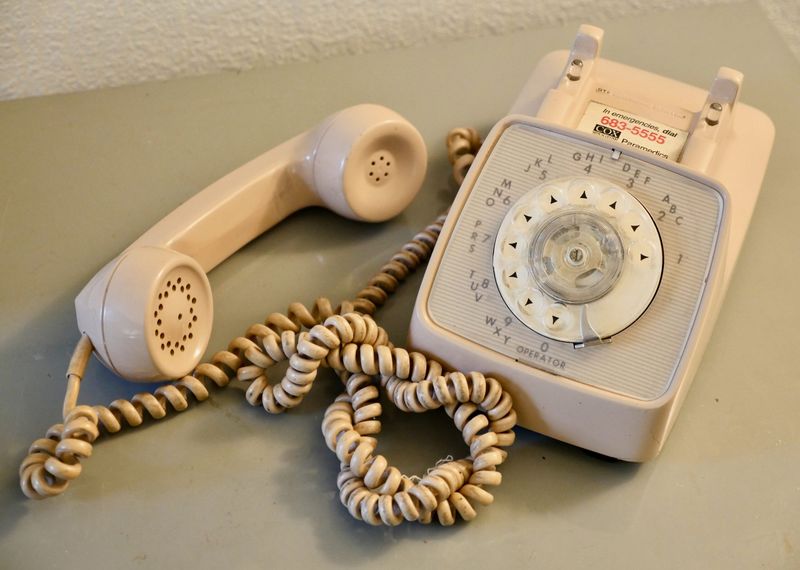
Remember the roulette of calling your friend and praying their dad wouldn’t answer? It’s like wanting to order pizza and getting put through to the CEO instead.
You’d muster up the courage, dial the number, and then…”Hello, Mr. Thompson?” Panic ensues. You resort to your default strategy: mumbling incoherent gibberish before hanging up, wondering if you’ll ever be able to show your face again. The worst part? Your friend’s parent now knows your voice, and any future calls come with a hint of dread.
Oh, the horror of needing a witness protection program to escape a recurring caller ID of shame. Despite the terror, it’s a rite of passage, a shared laugh at reunions, and a fond memory of innocence wrapped in an awkward teenage cocoon. It wasn’t just a phone call; it was a test of courage, a challenge to your inner social wizard.
2. The Anxiety of Calling Your Crush
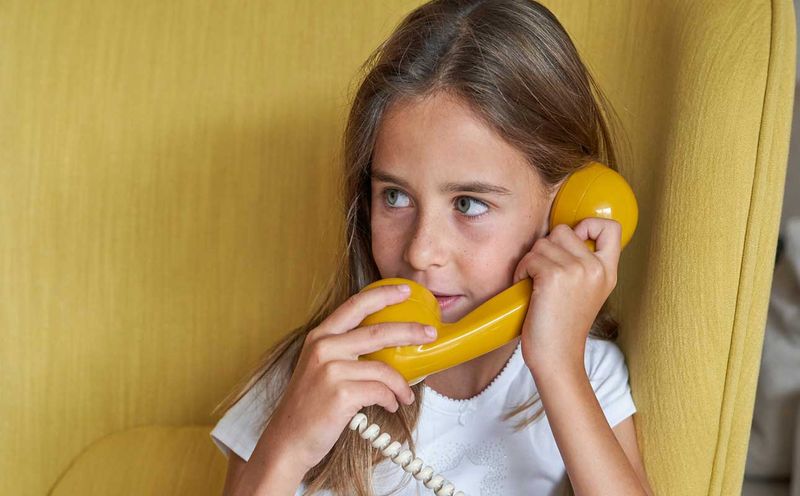
Calling your crush was akin to preparing for a speech in front of the UN. You’d spend hours drafting scripts and practicing your lines, only to freeze when the moment arrived.
Reaching that point of no return, your heart raced like you were on an episode of a game show, and the prize was just a simple “Hi.” But the real boss-level challenge? Their parents answering first. You’d hit the instant panic button, either hanging up or pretending you were selling cookies.
Each ring was a beat in your symphony of terror—would it be her, or would you have to navigate the dad gauntlet? Even worse, if you did engage, you’d worry about how your voice sounded or if you were speaking too fast. Ah, the sweet agony of adolescent love, where a 30-second call felt like bungee jumping without a cord.
3. No Caller ID (At First)
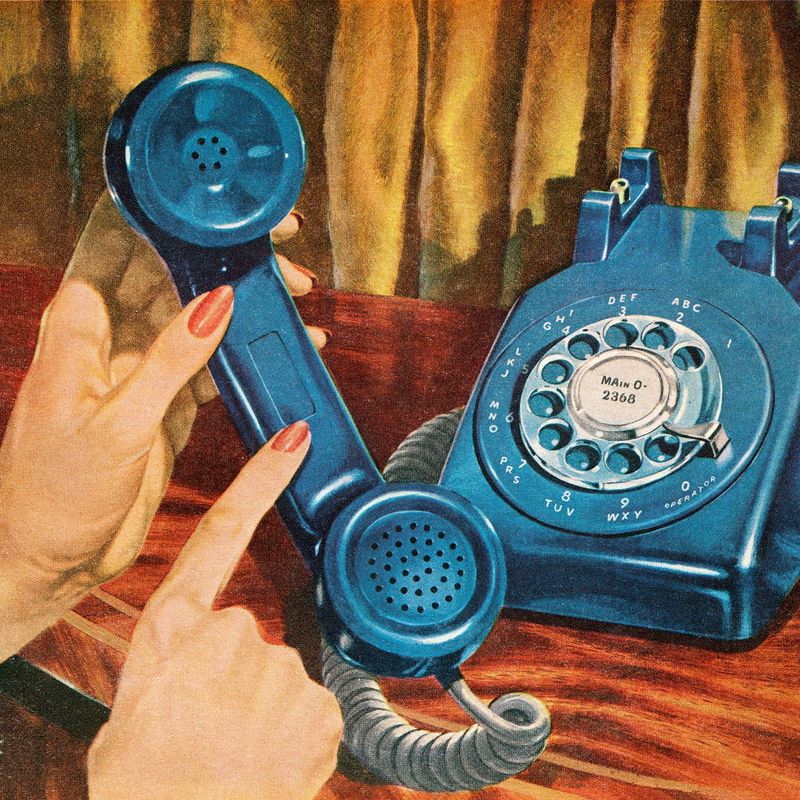
Ah, the thrill of the unknown caller! In the days before caller ID, every ring was a mystery waiting to be solved. It could be your best buddy calling to share the latest gossip or your arch-nemesis, the telemarketer, armed with the persistence of a door-to-door salesman.
Answering a call meant donning your detective hat, ready for any plot twist. Remember the suspense? Like being the lead in a thriller, you’d answer with the cautious optimism of discovering a new chapter. The anticipation was palpable, a roll of the dice each time the phone trilled its siren song.
And the best part? You could always use the excuse, “Oh, I didn’t realize it was you!” as a social safety net. It might sound like a hassle now, but back then, it was just another delightful quirk in the tapestry of everyday life.
4. Busy Signals
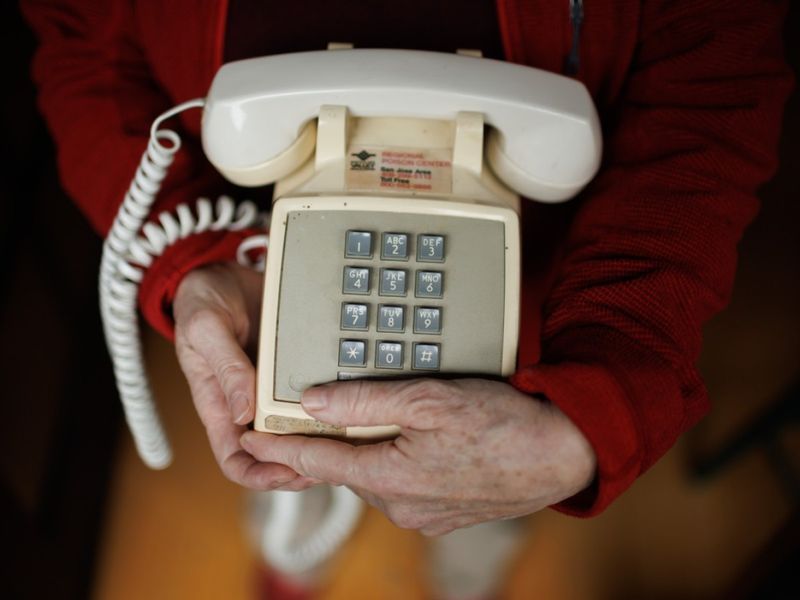
Ah, the dreaded busy signal, akin to the sound of dreams being crushed one beep at a time. Before call waiting, this relentless tone was the ultimate conversation barrier, a buzzkill that made you yearn for a telepathic connection instead.
Remember waiting for your friend to hang up so you could call back? It felt like standing outside a club, hoping the bouncer would finally let you in. And if you were expecting an important call, the suspense was enough to turn your hair grey.
Between pacing the room and nervously watching the clock, the busy signal taught us the virtue of patience—or lack thereof. It also offered a perfect excuse for procrastination: “I tried calling, but the line was busy!” A lesson in futility and resilience, it’s an experience that modern technology has almost erased from our collective memory.
5. Accidentally Listening to Someone Else’s Call
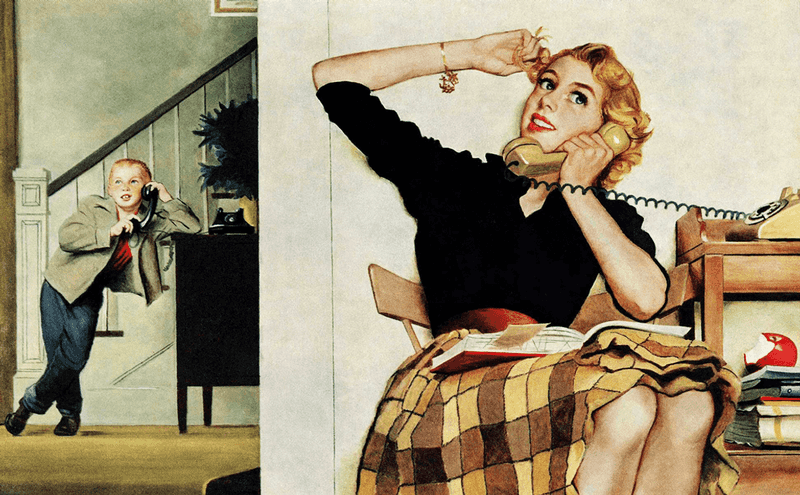
Accidentally tuning into someone else’s phone conversation was the ‘90s equivalent of finding a hidden Easter egg in a video game. You’d pick up the receiver and suddenly be thrust into the middle of someone else’s drama.
It was thrilling, yet wrought with peril—especially if you got caught. The infamous shout of “GET OFF THE PHONE!” could send chills down your spine faster than any horror movie. Eavesdropping wasn’t just about overhearing juicy gossip; it was a skill honed over time, balancing the art of silent listening with quick reflexes.
Sure, it was a breach of etiquette, but in a landline world, it was often an unavoidable mishap. To this day, it remains a nostalgic nod to a time when curiosity sometimes got the better of us, offering a glimpse into how our family members defined ‘privacy’ in their own quirky ways.
6. The Never-Ending Battle for Phone Time
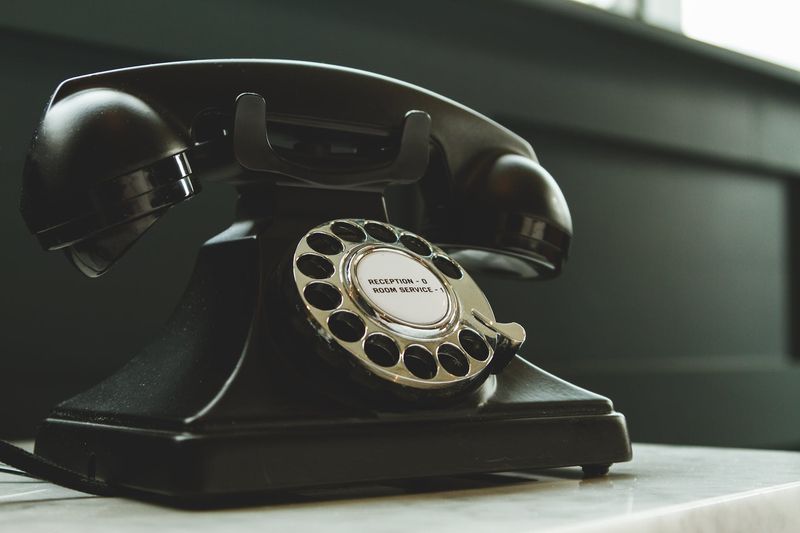
In the era of limited phone lines, getting your fair share of phone time was like owning the last slice of pizza at a family dinner. Sibling rivalries were laid bare as each family member staked their claim, often resulting in strategic negotiations or outright battles.
A phone call wasn’t just a chat; it was a coveted prize. The struggle was real—especially if a sibling hogged the line for an epic catch-up with a friend. Parents intervened as referees, doling out phone time like rationed desserts. It was a delicate balance of patience and cunning, where alliances were formed and broken over the dial tone.
And if you had a tween in the house? Prepare for a marathon session of giggles and whispers that could last until the cows came home. Those shared moments of vying for phone supremacy? Pure nostalgia.
7. Dialing the Wrong Number and Panicking
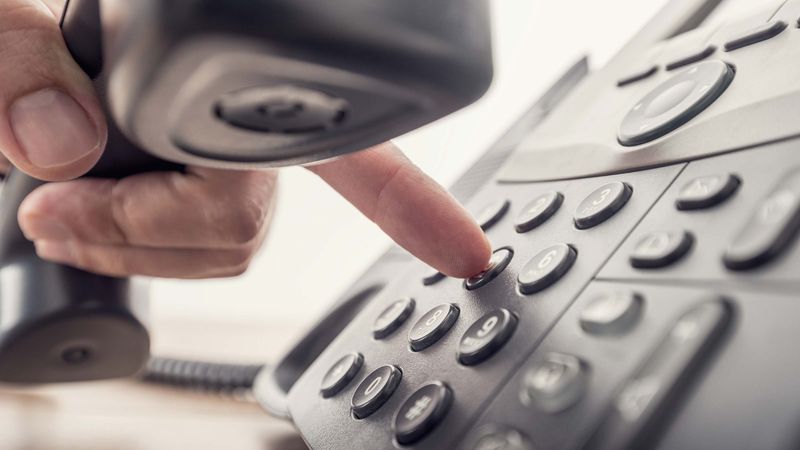
Dialing the wrong number was the landline’s version of a jump scare. You’d misdial a digit and suddenly be talking to someone’s grandma instead of your friend. The moment of realization was swift and mortifying—do you apologize, explain, or hang up and hope they never star-69 you back?
The decision had to be made in a heartbeat, often leading to the infamous, “Oops, wrong number!” escape route. It was a test of improvisation skills worthy of an Oscar. And heaven forbid you dial 911 by mistake! That’s a panic attack waiting to happen.
The challenge was not just about getting the digits right; it was about avoiding awkward moments that would haunt you as bedtime regrets. Dialing was more than a means to an end—it was an art form that required precision, grace, and nerves of steel.
8. The Pain of Memorizing Phone Numbers
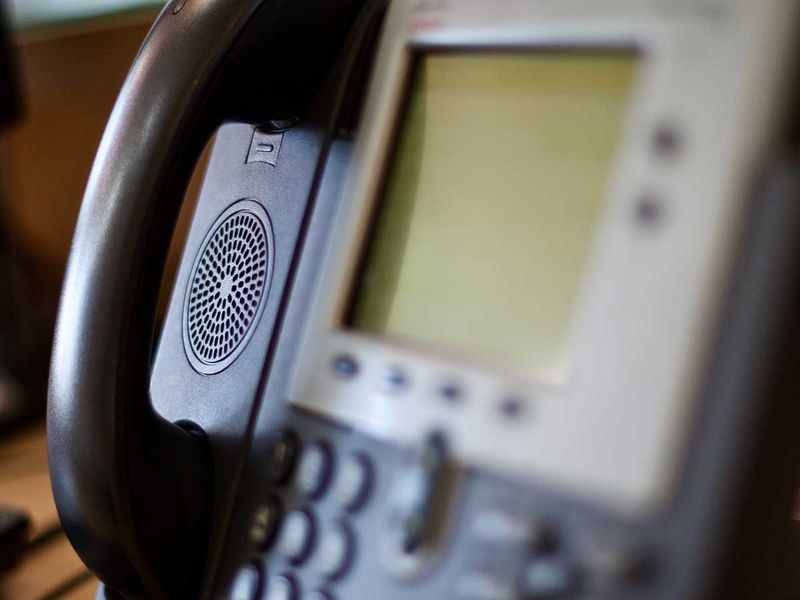
Before the age of smartphones and digital contact lists, your brain was the original speed dial. Memorizing phone numbers was a rite of passage, a mental workout that kept your mind sharp. Forgetting one was akin to losing a treasure map—where was it written down again?
It was a time when “my number’s in my head” was both a boast and a burden. Every call involved a mental scavenger hunt, rifling through the numbers stored in your brain like a Rolodex. Yet, there was something satisfying about rattling off numbers like a boss, impressing your friends with your mental agility.
You’d scribble down numbers on anything—napkins, receipts, your hand—turning every object into a makeshift phone directory. Nowadays, it’s all about swiping and tapping, but there’s a certain charm to the analog skill of keeping digits at your fingertips.
9. The Cord That Tangled Like Crazy
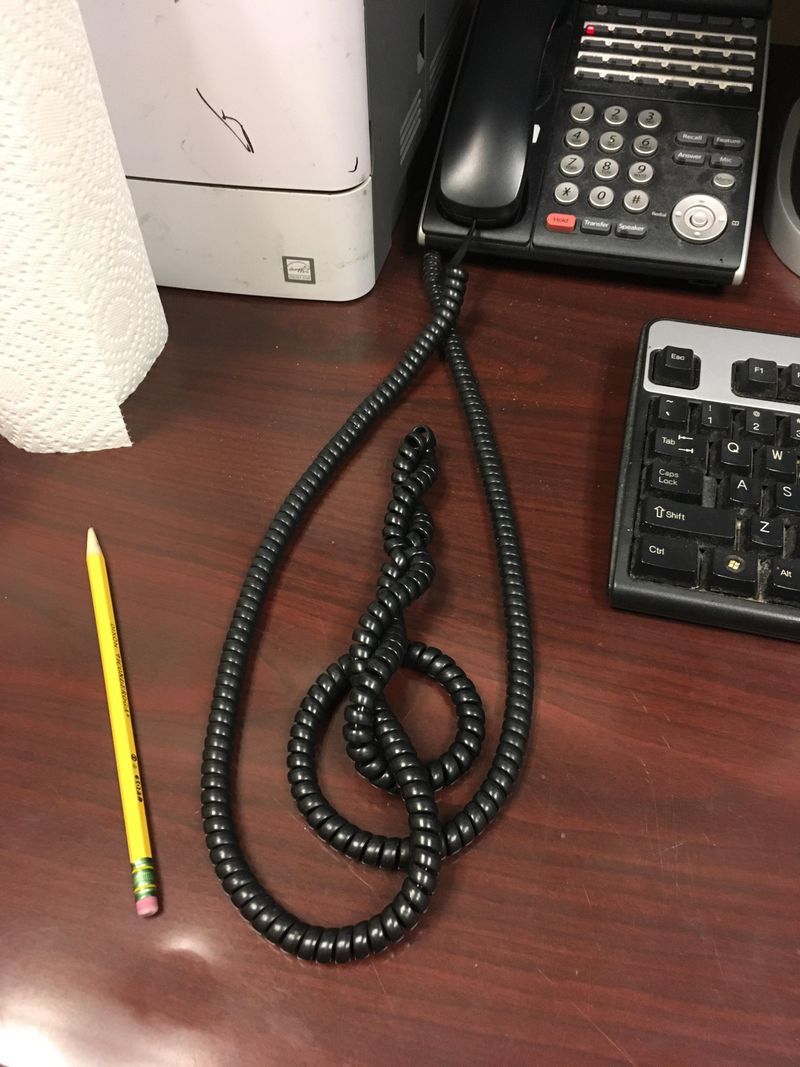
Ah, the dance of the tangled phone cord—a ritual all ‘80s and ‘90s kids mastered. No matter how hard you tried, those pesky cords seemed to develop a life of their own, twisting into knots that defied logic and the laws of physics.
You’d find yourself performing a clumsy, yet oddly satisfying, spin-around routine to liberate the phone from its self-imposed bondage. It was a workout disguised as a conversation, an exercise in patience and perseverance. The cord was more than just a nuisance—it was a persistent reminder of the connection between you and the person on the other end.
Each untangling session was a mini-adventure, a challenge that made the simple act of talking feel like a feat of engineering. Cords may be a relic of the past, but their memory winds through our hearts like a spiraled embrace.
10. Parents Eavesdropping on Your Calls
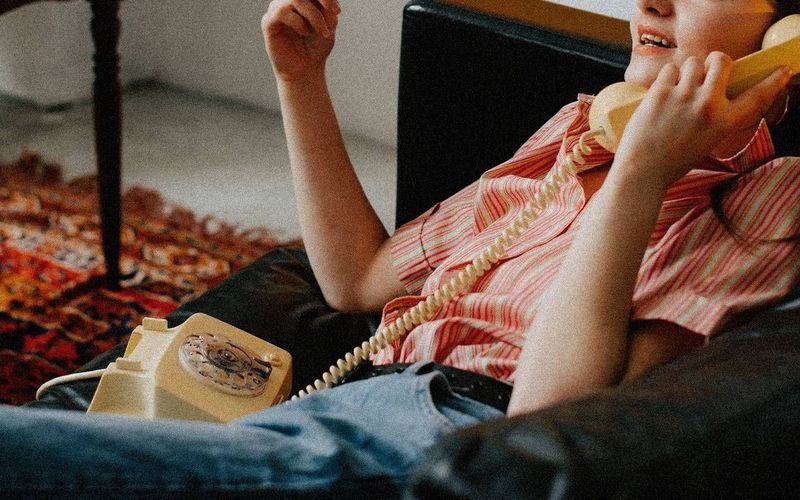
Parents had the uncanny ability to eavesdrop on your most private phone calls, turning every conversation into potential blackmail material. You’d be spilling secrets to your best friend, only to hear a faint click and a suspicious rustling on the line. It was the era of parental espionage, where no secret was safe, and privacy was but a fleeting fantasy.
That moment of realization—“Are you listening, Mom?”—was a rite of passage. It taught us the art of coded language, turning regular conversations into cryptic exchanges. The fear of parental intervention was both a source of paranoia and a quirky nod to the lack of personal space.
While we yearned for solitude, their uninvited presence became a shared joke, a nostalgic reminder of family bonds woven through the telephone wires. It was a time when trust was key, and secrecy was a skill.
11. Getting Yelled At for Staying on the Phone Too Long
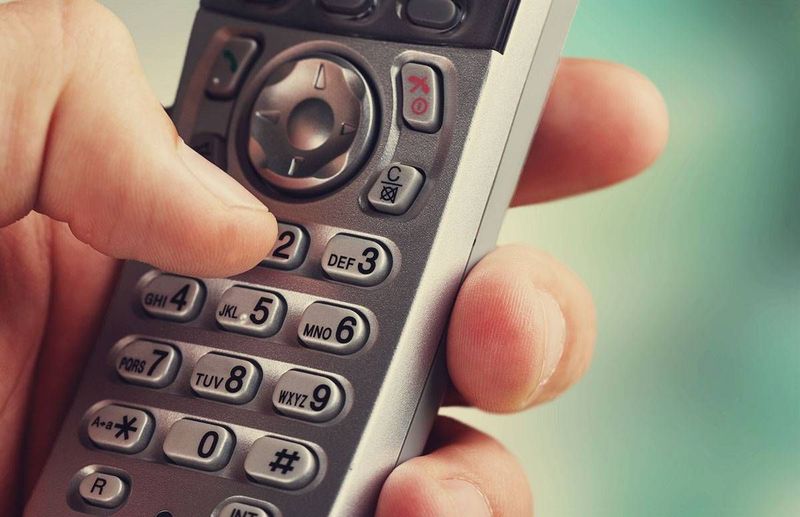
Staying on the phone too long was the ultimate teenage crime, and getting yelled at was the inevitable sentence. Those marathon conversations with friends could stretch into hours, each “I should get going” ending in “Okay, just one more thing!” Parents, however, did not share our enthusiasm for endless chatter, especially when they were waiting for an important call.
The classic parental yell—“Get off the phone!”—was as predictable as the sunrise, a chorus line in the symphony of home life. It was a lesson in moderation, the precursor to today’s screen time limits. Yet, despite the scolding, we cherished those long chats, each minute a stitch in the fabric of friendship.
It was a time when connection was measured not in byte size but in heartfelt exchanges, proving that some connections, though momentarily severed, were truly unbreakable.
12. 3-Way Calling Drama
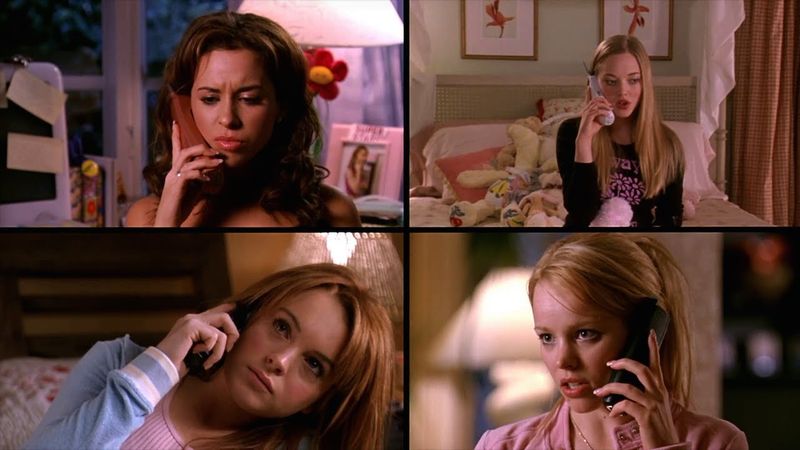
Three-way calling was the ultimate tool for teenage drama, a technological marvel that allowed for secret conferences and clandestine gossip sessions. It was like having your own private detective agency, where alliances could be forged or shattered in a single conversation.
However, it was also a double-edged sword—one wrong move, and the person being discussed might just be listening in. The thrill of three-way calling lay in the strategic dance of who knew what and who was secretly on the line. We learned the importance of trust and the risks of betrayal in a world where privacy could be breached with a single click.
The drama that unfolded was a soap opera without a script, a lesson in discretion and diplomacy. Today’s group chats may offer similar intrigue, but they lack the analog charm of keeping secrets through a trio of tangled lines.
13. Having to Actually Leave Messages on an Answering Machine
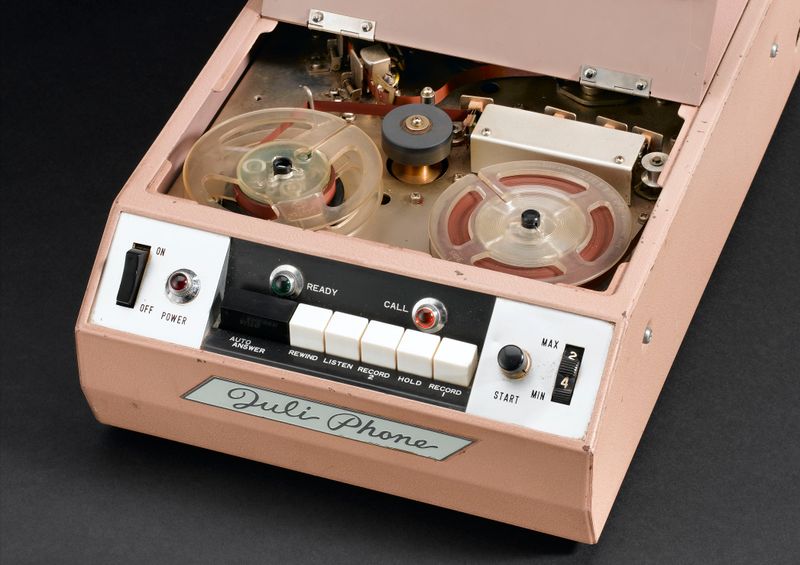
Leaving a message on an answering machine was a high-stakes performance, a monologue recorded for posterity and playback. You’d rehearse your lines and psych yourself up, only to freeze when the beep sounded, transforming into a babbling mess.
There was no delete, no redo—your verbal fumble was immortalized for all eternity. It was the original voicemail, a test of eloquence and nerve. Each message was a gamble, a hope that your words would convey your meaning without unintended hilarity. The fear of sounding foolish was real, yet the triumph of leaving a coherent message was a worthy prize.
In a digital world of instant messaging and text, the art of leaving a perfect message remains a fond memory, a nod to simpler times when words carried weight, and communication was an event rather than an expectation.
14. Calling Time and Weather for Fun
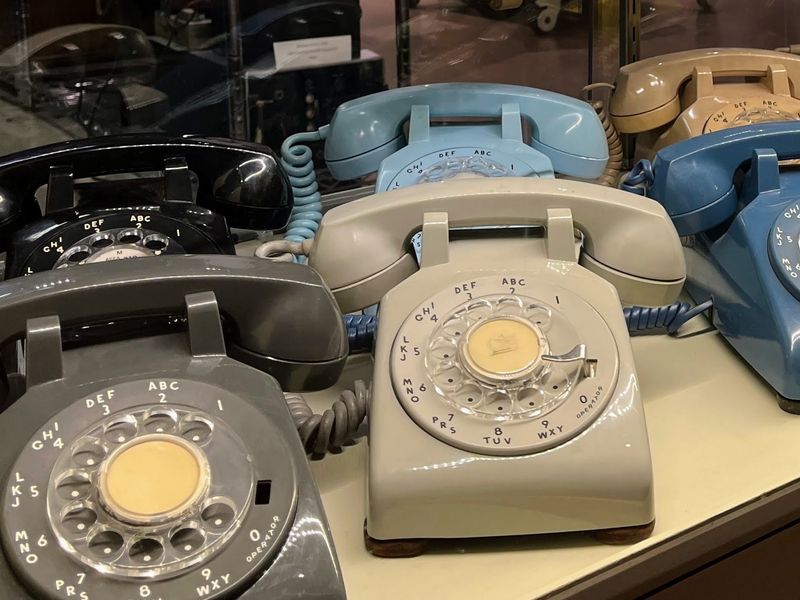
Before smartphones and weather apps, calling time and weather lines was a curious pastime, a quirky ritual that provided information and entertainment in equal measure. You’d dial the number, listen to the recorded voice, and marvel at the simplicity of it all. It was a blend of utility and novelty, a lifeline in a world where information wasn’t readily available at your fingertips.
The experience was oddly satisfying, a reminder of the analog world’s charm. Sometimes, you’d call just to hear the automated voice, a soothing presence in the chaos of daily life.
The act of dialing for weather updates was more than just a necessity; it was a connection to an era where patience was a virtue and anticipation was part of the experience. In a world where instant access is the norm, these calls remain a nostalgic nod to the days when discovering the forecast was an adventure.
15. The Internet and the Phone Couldn’t Work at the Same Time
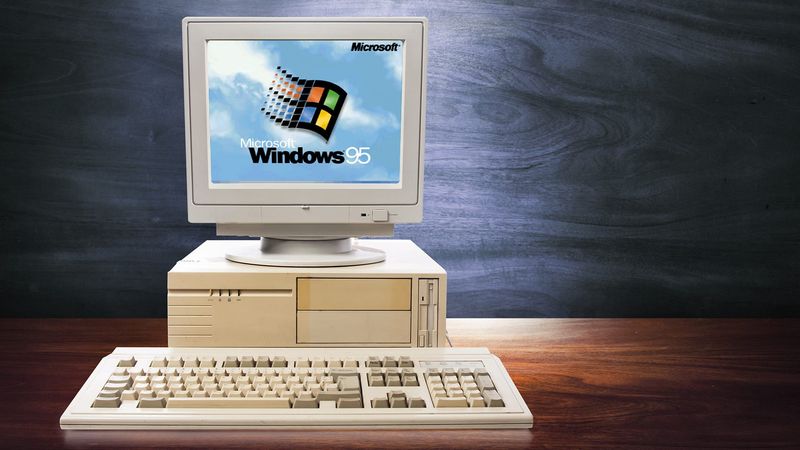
Ah, dial-up internet—the symphony of screeches that signaled a connection to the digital world. But there was a catch: the phone and internet couldn’t dance at the same time. If you were online, the phone line was busy, and if someone picked up the phone, your web surfing was cut short.
This tug-of-war between digital exploration and phone conversations was a daily obstacle. Family negotiations were common—who needed the line more? It was a balance of priorities, where compromise was key. In a world before Wi-Fi, this shared struggle was a lesson in cooperation, patience, and the art of scheduling.
The frustration of disconnection was real, but so was the joy of finally getting through. It was a unique era where the internet was a privilege rather than a given, and each online session was an achievement unlocked, one dial-up at a time.
